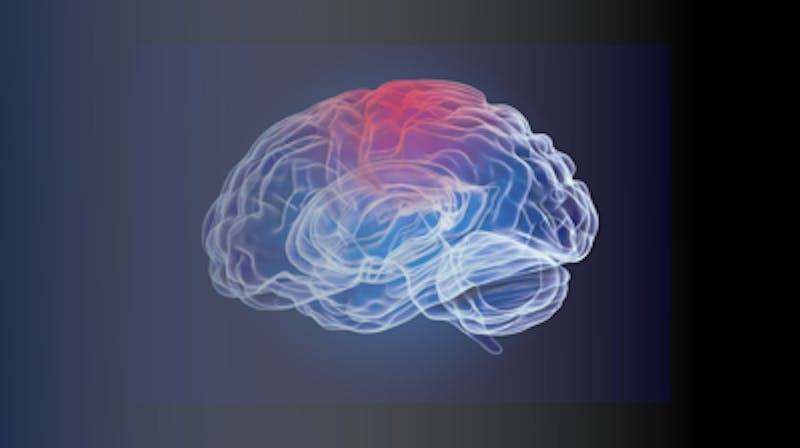
Traumatic brain injuries (TBIs) are complex and potentially life-altering injuries that result from a sudden impact or force to the head, leading to damage or disruption of normal brain function. Understanding TBIs, their causes, symptoms, and the legal implications surrounding these injuries is crucial. In this blog, we'll delve into the various aspects of traumatic brain injuries.
Defining Traumatic Brain Injuries
A traumatic brain injury occurs when a sudden blow, jolt, or penetration to the head causes damage to the brain. TBIs can range from mild concussions to severe injuries that result in long-term cognitive, physical, or emotional impairments.
Causes of Traumatic Brain Injuries
TBIs can result from various incidents, including:
Vehicle Accidents: Car accidents, motorcycle crashes, and pedestrian accidents are leading causes of traumatic brain injuries due to the impact forces involved.
Falls: Falls from heights or on slippery surfaces can cause severe head injuries, especially in older adults and children.
Violence: Assaults, physical altercations, or intentional blunt force trauma to the head can result in TBIs.
Sports Injuries: High-impact sports such as football, soccer, and boxing can cause concussions or more severe brain injuries.
Explosions or Blasts: Military personnel or individuals involved in explosive accidents can suffer TBIs due to the shockwave effect on the brain.
Symptoms of Traumatic Brain Injuries
Symptoms of a TBI can vary depending on the severity of the injury and may include:
- Headaches
- Dizziness or loss of balance
- Nausea or vomiting
- Confusion or disorientation
- Memory loss or difficulty concentrating
- Mood swings or changes in behavior
- Sensory problems (blurred vision, ringing in the ears)
- Loss of consciousness (in severe cases)
Diagnosis & Treatment
Diagnosing a TBI often involves a thorough evaluation by healthcare professionals, including physical examinations, imaging tests (CT scans or MRIs), and neurological assessments to determine the extent of the injury. Treatment for TBIs may involve rest, medication for symptoms, rehabilitation, physical therapy, or even surgery in severe cases to relieve pressure on the brain.
Legal Implications of Traumatic Brain Injuries
When a traumatic brain injury occurs due to the negligence or intentional actions of another party, legal action may be pursued to seek compensation for damages. Personal injury lawsuits related to TBIs often aim to cover medical expenses, lost wages, pain and suffering, and ongoing care needs resulting from the injury. Expert testimony from medical professionals can be critical in demonstrating the severity and impact of the TBI on the individual's life.
Long-Term Effects & Challenges
For those who suffer from severe TBIs, the long-term effects can be life-changing. Cognitive impairments, emotional disturbances, physical disabilities, and difficulties with daily living activities can pose ongoing challenges. Individuals may require significant care and support for an extended period, affecting their quality of life and that of their families.
Contact 'MAGGIO LAW for the Support You Deserve
In conclusion, traumatic brain injuries are serious and complex conditions with wide-ranging implications for the affected individuals and their families. Understanding the causes, symptoms, diagnosis, treatment, and legal considerations associated with TBIs is crucial in providing necessary support and seeking appropriate compensation for those affected by these life-altering injuries.
At 'MAGGIO LAW, our personal injury attorneys proudly work with those who have been through catastrophic injuries, including TBIs. After years of experience representing individuals in motorcycle accident cases and other cases involving severe injuries, we know how to provide tenacious and compassionate legal assistance designed to obtain the compensation you deserve.
Contact us online for a free consultation or give us a call at (601) 265-6869.

